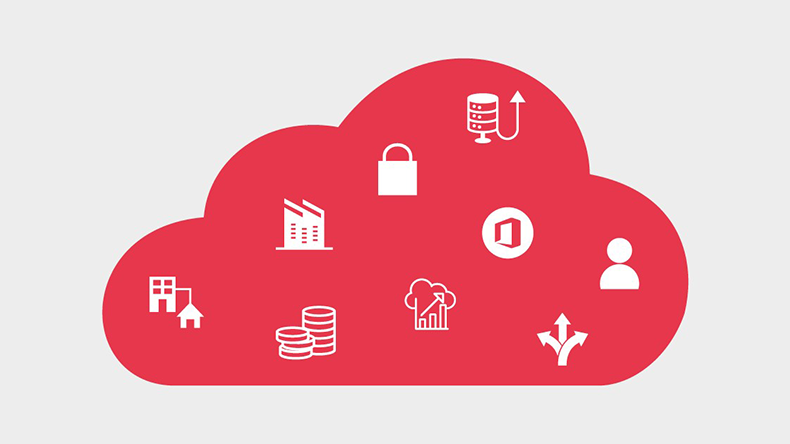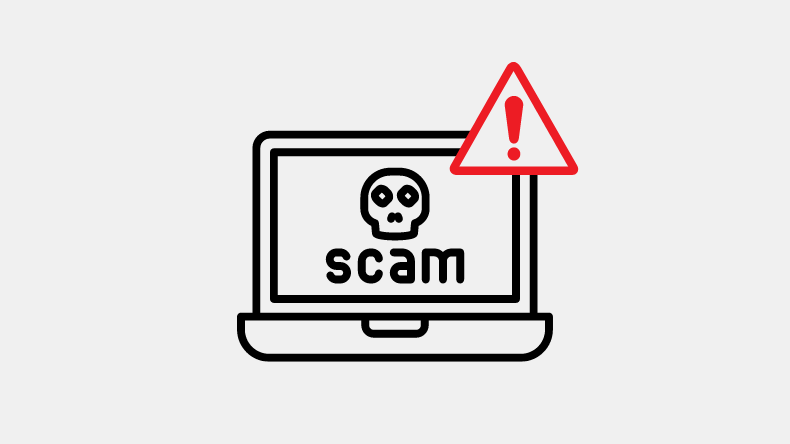Cyber Security Industry Talent Shortage: What It Means for SMEs

In 2024, where cyber threats are increasingly sophisticated, the demand for skilled professionals in the cyber security space has never been higher.
The recently published LinkedIn Global Cybersecurity Talent Trends report sheds light on the pressing shortage of cybersecurity talent worldwide—a reality that poses significant challenges, particularly for small and medium-sized businesses (SMEs) and managed service providers (MSPs) facing persistent cyber attacks.
A Snapshot of the Global Cybersecurity Workforce and Market
The report highlights a stark imbalance between the growing need for cybersecurity expertise and the availability of qualified professionals in the cyber security sector.
According to LinkedIn’s Economic Graph, the global cybersecurity workforce has experienced a 45% growth over the past four years. Despite this increase, the demand still far outweighs the supply in the global cyber security market.
In fact, for every cyber security professional available in the job market, there are roughly two unfilled positions, leading to a global talent gap that has critical implications for businesses of all sizes.
What Does This Mean for SMEs?
For SMEs, this talent shortage can be particularly daunting. Unlike larger enterprises that may have the resources to attract and retain top cybersecurity talent, SMEs often struggle to compete in the same arena.
The report indicates that the scarcity of cybersecurity professionals drives up salaries, making it even more challenging for smaller companies to afford the expertise they need to protect their digital assets with effective cybersecurity solutions.
This lack of in-house cybersecurity talent leaves SMEs vulnerable to cyberattacks, which are becoming more frequent and targeted.
Cybercriminals are aware that smaller businesses may not have the same level of security as larger organisations, making them attractive targets.
The stakes for SMEs are high—a successful cyberattack could result in financial losses, reputational damage, and even regulatory penalties. Therefore, investing in comprehensive cyber solutions is crucial for these businesses to safeguard their operations.
The Role of MSPs in Bridging the Gap with Managed Security Services
Managed Service Providers (MSPs), like Acora One, play a crucial role in helping SMEs navigate this challenging landscape.
As trusted partners, MSPs can offer a range of managed security services that are typically out of reach for smaller businesses.
By outsourcing their cybersecurity needs to an MSP, SMEs can access the expertise and tools necessary to defend against cyber threats without bearing the full cost of hiring and maintaining an in-house team.
The LinkedIn report highlights that MSPs are increasingly seen as vital allies for businesses of all sizes.
The integration of cloud computing with advanced technologies like artificial intelligence (AI) and the Internet of Things is driving demand for innovative cybersecurity solutions.
For SMEs, partnering with an MSP can mean the difference between being prepared for a cyberattack and being caught off guard. MSPs can provide continuous monitoring, threat detection, and incident response services, ensuring that SMEs have robust security measures in place.
Key Data Points from the LinkedIn Report
-
Geographical Disparities in Cybersecurity Talent: The report shows that the availability of cybersecurity talent varies significantly across regions within the global cybersecurity market. North America and Europe, for instance, have a higher concentration of cybersecurity professionals, while regions like Asia-Pacific face more severe shortages. For SMEs operating in regions with limited talent availability, relying on MSPs with global reach and resources becomes even more critical.
-
Skills in Demand: The report also identifies the most in-demand skills within the cybersecurity field. These include expertise in cloud security, network security, and risk management. For SMEs, understanding which skills are most sought after can help them prioritise their cybersecurity investments. MSPs can assist by offering specialised services in these areas, ensuring that SMEs are protected against the most prevalent threats.
-
The Importance of Continuous Learning: With cyber threats constantly evolving, the report underscores the importance of continuous learning and upskilling for cybersecurity professionals. For SMEs, this means that even if they do have an in-house IT team, it may not be enough to rely solely on existing knowledge. MSPs like Acora One, on the other hand, have the resources to keep their teams updated on the latest cybersecurity trends and technologies, ensuring that their clients benefit from the most current and effective security measures.
How SMEs Can Leverage MSPs and Cyber Security Solutions to Overcome the Talent Shortage
Given the insights from the LinkedIn report, it is clear that SMEs need to rethink their approach to cybersecurity.
Here are some strategies that can help:
-
Outsource to a Trusted MSP: By partnering with an MSP like Acora One, SMEs can access a broad range of cybersecurity services tailored to their specific needs. Whether it’s protecting against ransomware attacks, ensuring data compliance, or securing remote work environments, an MSP can provide the expertise that SMEs may lack internally.
-
Focus on Strategic Security Investments: SMEs should prioritise their cybersecurity investments based on their most significant risks. An MSP can conduct a risk assessment to identify vulnerabilities and recommend the best solutions. This might include deploying advanced threat detection tools, implementing multi-factor authentication, or ensuring regular data backups. Additionally, increasing security spending on identity and access management (IAM) can help ensure regulatory compliance and mitigate identity theft.
-
Enhance Employee Training: The report highlights the importance of skills development in cybersecurity. SMEs can work with their MSP to provide ongoing training for their employees, focusing on best practices for cybersecurity hygiene, such as recognising phishing attempts and using strong passwords.
-
Adopt a Proactive Security Posture: Instead of waiting for a cyberattack to happen, SMEs should adopt a proactive security posture. This means regularly updating and patching systems, conducting security audits, and having an incident response plan in place. An MSP can assist with these activities, ensuring that SMEs are always one step ahead of potential threats.
The Future of Cybersecurity Talent and What It Means for SMEs
As the demand for cybersecurity talent continues to grow, SMEs will need to rely more heavily on external partners like MSPs and dedicated cyber security firms to protect their businesses.
The LinkedIn report serves as a wake-up call for SMEs to assess their current cybersecurity strategies and take action to close any gaps.
While the cybersecurity talent shortage presents challenges, it also offers opportunities for small and medium businesses to understand the value that MSPs can demonstrate.
By providing SMEs with access to top-tier cyber security services, MSPs can help level the playing field, ensuring that even the smallest businesses are protected against cyber threats.
In conclusion, the LinkedIn Global Cybersecurity Talent Trends report highlights the critical need for SMEs to partner with MSPs like Acora One in order to secure their digital assets.
By outsourcing cyber security to experts, SMEs can focus on what they do best—growing their business—while leaving the complex task of cyber security in capable hands.
Are you ready to bolster your cybersecurity strategy?
Contact Acora One today to learn how we can help protect your business from the ever-evolving threat landscape.
Back to the blog.





